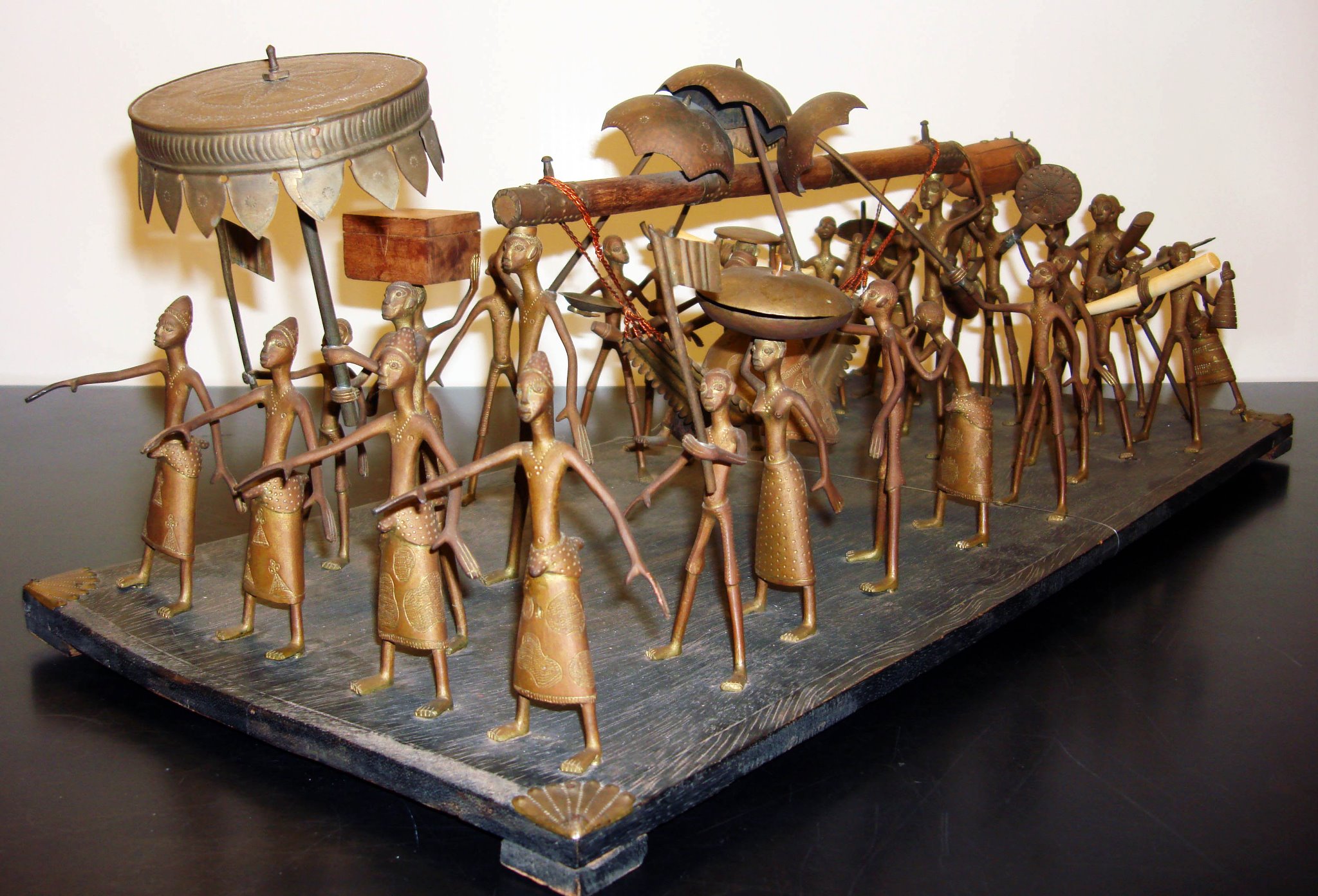Support Page Content
Undergraduate Anthropology Program
The Four Subfields
Archaeology
Archaeology focuses on the material remains of human societies from the remote and recent past with emphasis on reconstructing and understanding past modes of human cultural adaptation and change.
Biological Anthropology
Biological Anthropology is a biological science that deals with adaptations, variability and evolution of humans, and our living and fossil relatives. It is also a social science because biological anthropologists study human biology within the context of culture and behavior. Simply put, they study humans from a biocultural perspective across space and time. Physical Anthropology describes and compares world human biology. Focuses on humans and their primate order, and seeks to document and understand the interplay of culture and biology in the course of human evolution and adaptation.
Linguistic Anthropology
Linguistic anthropology studies the role of language in the social lives of individuals and communities. Linguistic anthropology explores how language shapes communication in the role of social identity, group membership, and establishing cultural beliefs and ideologies.
Sociocultural Anthropology
Cultural and Social Anthropology deals with the social lives of people around the world, including our own society: economic systems, legal practices, kinship, religions, medical practices, folklore, arts and political systems, as well as the interrelationship of these systems in environmental adaptation and social change. Anthropological Linguistics deals with varied aspects of human language and the characteristics of nonhuman communication systems, to achieve an understanding of past and present human language systems and their significance in social life.

CONCENTRATIONS
Archaeology and Biological Anthropology
Archaeology and Biological Anthropology (ABA): emphasizes a scientific approach to anthropology. Studying diverse topics including; evolutionary processes, human variation, ecology, skeletal analysis and zoo-archaeology, it prepares students for careers in the anthropological sciences in both the public and private sectors, such as cultural resources management, forensic science; collections management, and advanced graduate studies in anthropological sciences or related disciplines.
Culture, Language and Society
The Culture, Language & Society concentration develops knowledge, skills and perspectives to understand and engage with our diverse, interconnected world. It is designed to meet the needs of students who wish to pursue graduate work or post-baccalaureate careers in government, the non-profit sector, education, healthcare or other contexts that require attention to cultural and linguistic dynamics.
General Anthropology
General Anthropology (GA): constitutes a solid liberal arts foundation that prepares students for careers and graduate studies in fields that call for a broad exposure to anthropological knowledge. Students, under the guidance of a faculty advisor, can also choose to customize a program of study to pursue individualized academic or professional interests.

ADVISING AND OFFICE HOURS
Semester - Major Advisor
*All students will be assigned an anthropology faculty advisor according to their concentration. Each student must meet with their Anthropology faculty advisor within their first semester and as needed during the regular semester to consult about career and schedule/major requirements prior to registration. To locate your student Advisor, long in to your Student Center, click under Advisor. Students can contact their advisor directly via e-mail to set up an appointment or stop by during Faculty Office Hours.
ALL Current Students should make the effort to meet with their faculty advisor during the regular semester and address any issues or concerns.
*NOTE: Faculty advisors are unavailable during the Summer/Winter Breaks.
Summer/Winter Advising - Major Advising is available for new/re-admitted students. Major advising will take place during scheduled University's orientations.
Contact the Department Chair Dr. Liam Murphy at lmurphy@csus.edu or anthro@csus.edu.
NEW - Major Advising Worksheets (2025-2026)
OLD - Major Advising Worksheets (2024-2025 and after)
Use worksheets to tack courses taken and completed. Meet with your advisor if you have any questions
2024-2025
- Archaeological and Biological Anthropology concentration
- Culture, Language and Society concentration
- General Anthropology concentration
2023-2024
- Archaeological and Biological Anthropology concentration
- Culture, Language and Society concentration
- General Anthropology concentration
2022-2023
ACADEMIC ROADMAPS
Use roadmaps below according to your concentration to guide you with which courses to take each semester.
2025-2026
Freshman
- Archaeological and Biological Anthropology - 4 Year
- Language Culture and Society - 4 Year
- General Anthropology - 4 Year
Transfer
- Archaeological and Biological Anthropology - transfer
- Language Culture and Society - transfer
- General Anthropology - transfer
2024-2025
Freshman
- Archaeological and Biological Anthropology - 4 Year
- Language Culture and Society - 4 Year
- General Anthropology - 4 Year
Transfer
- Archaeological and Biological Anthropology - transfer
- Language Culture and Society - transfer
- General Anthropology - transfer
2023-2024
Freshman
- Archaeological and Biological Anthropology - 4 Year
- Language Culture and Society - 4 Year
- General Anthropology - 4 Year
Transfer
- Archaeological and Biological Anthropology - transfer
- Language Culture and Society - transfer
- General Anthropology - transfer
2022-2023
Freshman
- Archaeological and Biological Anthropology - 4 Year
- Language Culture and Society - 4 Year
- General Anthropology - 4 Year
Transfer
- Archaeological and Biological Anthropology - transfer
- Language Culture and Society - transfer
- General Anthropology - transfer
FACULTY ADVISORS
| ADVISOR | CONCENTRATION |
|---|---|
| Data Barata | Culture, Language & Society or General Anthropology |
| Adam Berrey | Archaeology and Biological Anthropology or General Anthropology |
| Jacob Fisher | Archaeology and Biological Anthropology or General Anthropology |
| Rachel Flamenbaum | Culture, Language & Society or General Anthropology |
| Samantha Hens | Archaeology and Biological Anthropology or General Anthropology |
| Liam Murphy | Culture, Language & Society or General Anthropology |
| Megan Raschig | Culture, Language & Society or General Anthropology |
| Clara Scarry | Archaeology and Biological Anthropology or General Anthropology |
| Nandini Singh | Archaeology and Biological Anthropology or General Anthropology |
| Nathan Stevens | Archaeology and Biological Anthropology or General Anthropology |
| Roger Sullivan | Archaeology and Biological Anthropology or General Anthropology |
| Raghuraman Trichur | Culture, Language & Society or General Anthropology |
| David Zeanah | Archaeology and Biological Anthropology or General Anthropology |